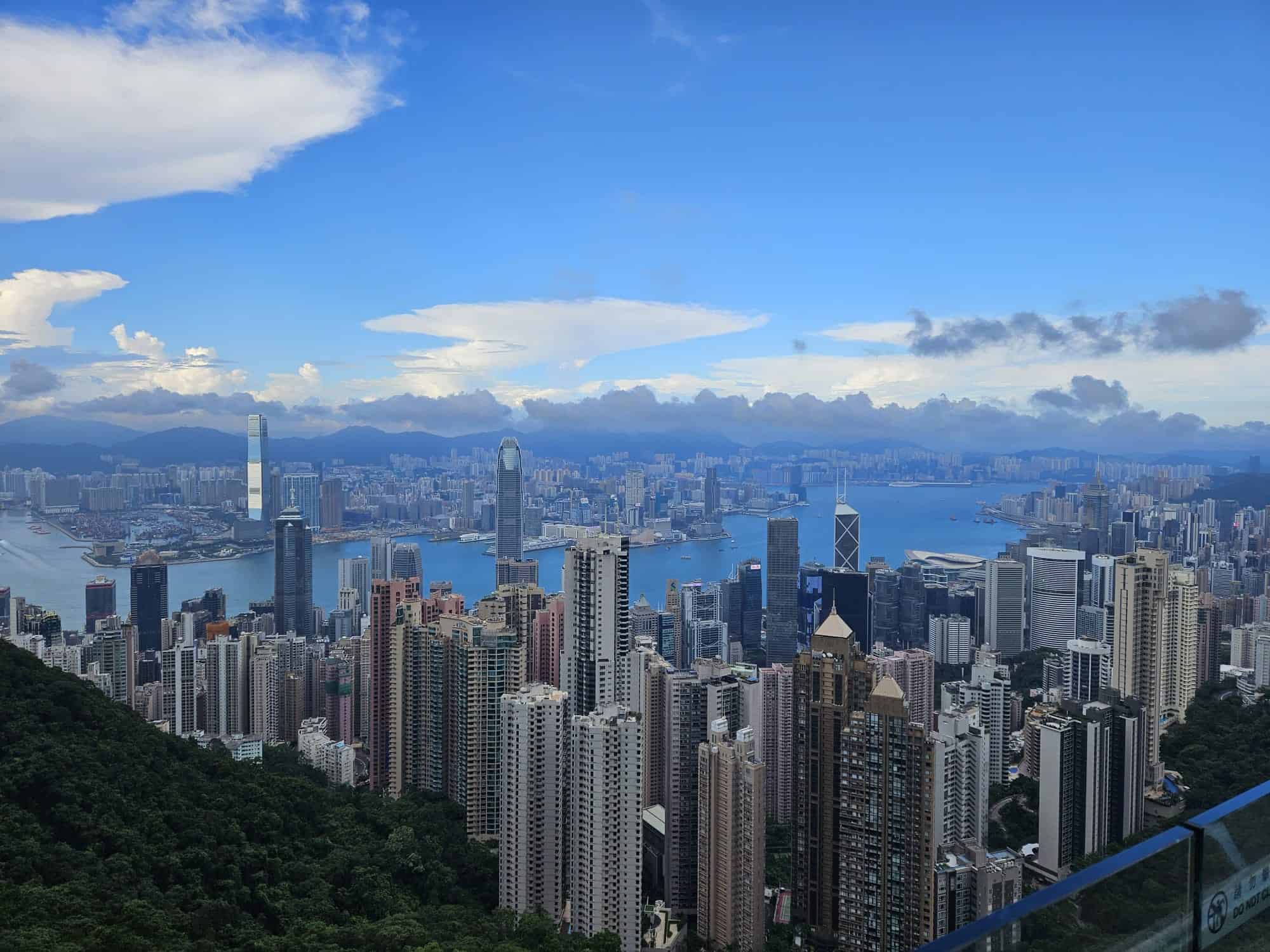
The European Round Table for Industry (ERT) released its annual Vision Paper today. Calling the current state of affairs “alarming,” the ERT describes the status of European industry as “in decline with few signs of slowing down.” They also write that Europe’s competitiveness “has faded and our place in the new world order is no longer a certainty.” At the same time, they express optimism that Europe can overcome these challenges by focusing on deepening the single market and renewing European integration.
- European industry is falling further and further behind American and Chinese industries, according to ERT’s Vision Paper;
- Europe’s share of global industry fell from 25 percent to 16.3 percent between 2000 and 2020.
ERT is a lobbying organization based in Brussels. It consists of some 50 CEO’s from Europe’s most powerful industrial groups. With the Vision Paper, ERT is setting the tone for a series of in-depth reports with action plans and recommendations on key issues to be released between now and May next year.
Hard data
The competitiveness of European industry is the main theme of the Vision Paper. Over the past 20 years, it has declined sharply compared to the United States, where the decline has been greatest over the past decade. “Another decade like that and we have been seen,” warns Jean-François van Boxmeer, chairman of the board of British telecom company Vodafone, in an interview with the FD.
Those statements are based on hard data. European companies were 20 percent less profitable than American companies between 2014 and 2019, and their revenue grew 40 percent slower. And perhaps the most striking statistic: Europe’s share of global manufacturing fell from 25 percent to 16.3 percent between 2000 and 2020.
Europe’s competitiveness has faded, with the U.S., China, and other countries overtaking the EU in several areas. “Since 2000, the EU has fallen from first place in industry GDP as global market share to third place, behind China and the United States,” the ERT said. This decline is partly due to the changing geopolitical landscape, which has led to fragmentation and weakened international cooperation, disproportionately affecting the EU, according to the report. “Fragmentation, slow decision-making, short-termism, and populism threaten to weaken Europe from within,” the ERT warns.

The ERT’s call for strengthening alliances for trade and market access is therefore hardly surprising. It also stresses the importance of improving the education system and immigration policies to meet the EU’s skills needs. “Attracting and retaining talent is crucial for EU competitiveness in the global market,” the report said.
Digitalization and decarbonization: the road to the next period of prosperity
Fortunately, there is also good news. The dual transition to digitization and decarbonization paves the way to the next period of prosperity. The ERT believes Europe can still catch up and must mobilize its social market economy to provide more and better jobs embedded in a carbon-neutral economy.
The EU must invest in digital infrastructure, support technology adoption and innovation, and improve cybersecurity to drive digital transformation. “Securing Europe’s place in the new world order starts with improving the business environment within the EU. Removing national barriers will enable businesses, consumers, and all citizens to reap the full benefits of the single market,” Van Boxmeer said.
The publication is the prelude to a series of in-depth reports on topics such as deepening the EU’s internal market and increasing the competitiveness of energy-intensive industries.









